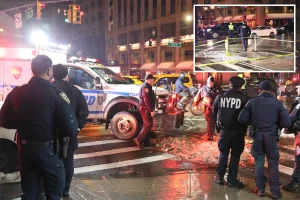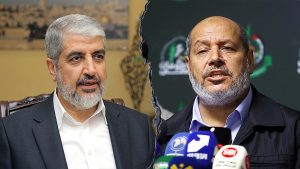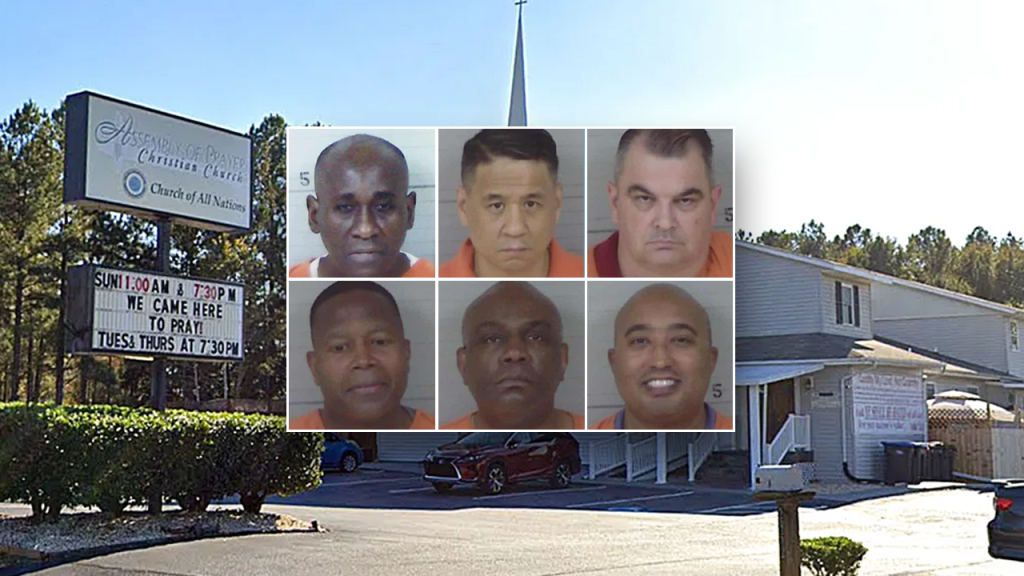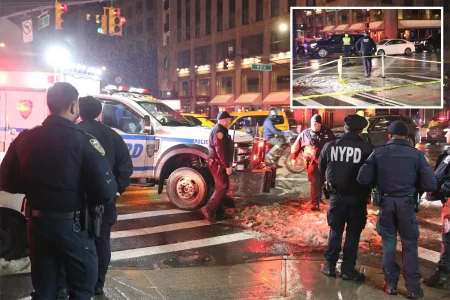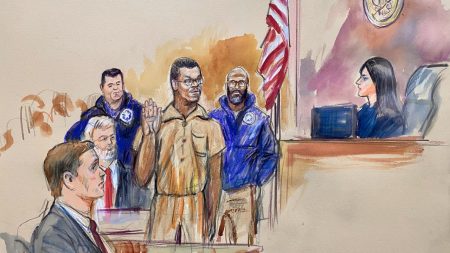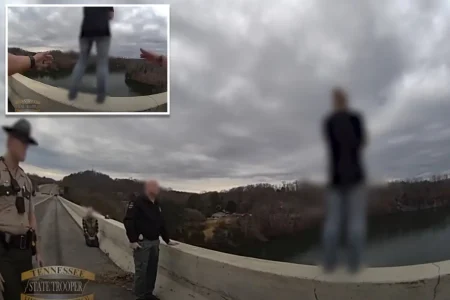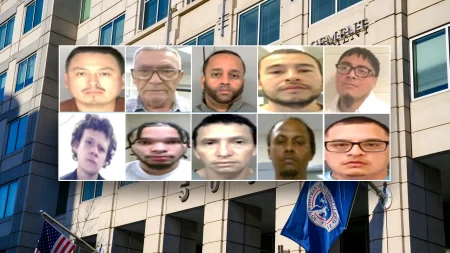House of Prayer Christian Churches: Allegations of Fraud and Exploitation
In a sweeping federal investigation that has sent shockwaves through religious communities across the country, the founder and several leaders of the House of Prayer Christian Churches of America (HOPCC) now face serious criminal charges. Federal prosecutors have indicted these individuals, alleging they orchestrated a massive $22 million fraud scheme targeting U.S. military personnel and veterans over decades. The case raises profound questions about vulnerability, trust, and the exploitation of faith communities, particularly those connected to military service members.
The indictment, filed in the Southern District of Georgia, names church founder Rony Denis and seven other church leaders: Anthony Oloans, Joseph Fryar, Dennis Nostrand, Gerard Robertson, David Reip, Marcus Labat, and Omar Garcia. These individuals face an array of charges including bank fraud, wire fraud, misuse of Department of Veterans Affairs education benefits, and filing false tax returns. The allegations describe a complex web of financial manipulation dating back to at least 2004. On Wednesday, the FBI conducted raids near Augusta, Georgia, making several arrests after years of allegations that the organization operated less like a legitimate church and more like a cult that systematically targeted military communities nationwide. The raids followed earlier FBI operations in June 2022, when agents searched at least three HOPCC-affiliated churches in Georgia and Texas—facilities strategically established near major military installations including Fort Gordon, Fort Stewart, and Fort Hood.
According to court documents, Denis—whose true identity remains unknown despite obtaining U.S. citizenship in 2002—allegedly maintained strict control over church members through a combination of intimidation, manipulation, and enforced obedience. Other church leaders reportedly assisted in this system of control by maintaining detailed records of members’ personal information, taking over their finances, and even orchestrating divorces and property transfers. This level of involvement in members’ personal lives reportedly created an environment where questioning leadership or financial practices became nearly impossible. Paul Brown, special agent in charge of FBI Atlanta, summarized the allegations starkly: “The defendants are accused of exploiting trust, faith, and even the service of our nation’s military members to enrich themselves. This indictment makes clear that using coercion, manipulation, and fraud under the guise of religion will not shield wrongdoers from accountability.”
The financial fraud allegedly took multiple forms, but one central scheme involved “straw buyer real estate purchases.” Church leaders would reportedly use members’ names and credit to obtain mortgages under false pretenses, then transfer the properties to entities under church control. Between 2018 and 2020 alone, church leaders allegedly collected more than $5.2 million in rental income from these properties while allowing the original mortgages to default—effectively profiting while destroying the credit histories of faithful church members. Another alleged scheme targeted veterans’ education benefits through the GI Bill. Prosecutors claim church leaders falsely certified students for benefits through HOPCC-affiliated Bible seminaries, then diverted funds intended for veterans’ education to church leaders and affiliated entities. The investigation has been extraordinarily complex, with prosecutors reviewing more than 175 bank accounts, conducting dozens of witness interviews, executing search warrants across four states, and seizing over 100 electronic devices and 80 boxes of documents.
The scale of the alleged fraud is staggering. Court documents indicate that prosecutors issued more than 200 grand jury subpoenas to investigate schemes spanning nearly two decades and involving between 150 and 200 properties. Denis is reportedly being represented by attorney Steven Sadow, who recently served as lead counsel for former President Donald Trump during his Georgia election interference case. The Department of Justice has filed a forfeiture motion for almost $150,000, claiming the church and its Bible seminary swindled hundreds of military members out of more than $22 million through these various schemes. Denis is also accused of filing false joint tax returns in 2018, 2019, and 2020, allegedly resulting in fraudulent refund claims totaling hundreds of thousands of dollars each year.
This case highlights the particular vulnerability of military communities to predatory organizations. Military personnel often relocate frequently, seek new community connections, and may be searching for spiritual guidance while facing the stresses of service life. Additionally, they have access to special benefits like VA education funds and housing allowances that can make them attractive targets for financial schemes. The proximity of HOPCC churches to military bases appears to have been a deliberate strategy to access this vulnerable population. As this case proceeds through the justice system, it serves as a sobering reminder of how religious organizations can sometimes be vehicles for exploitation rather than spiritual growth and community support. The ultimate resolution of these charges will likely have significant implications not only for the accused individuals but also for the many church members whose lives, finances, and faith have been profoundly affected by their involvement with the House of Prayer Christian Churches of America.
